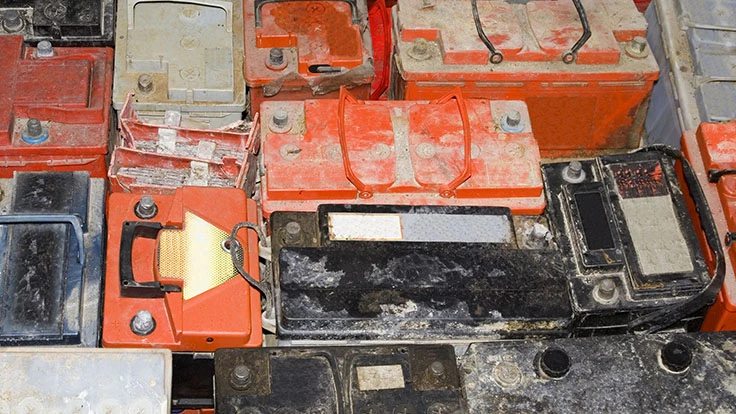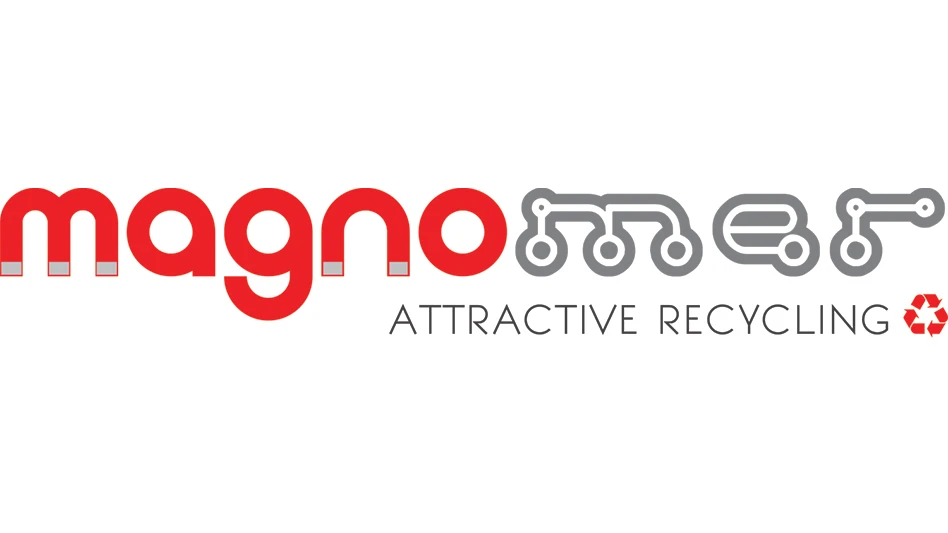
An executive of Battery Council International (BCI), Chicago, has responded to California Gov. Jerry Brown’s announcement for the state to spend $176.6 million to clean up near the former Exide Technologies battery recycling facility in Vernon, California.
Mark Thorsby, BCI executive vice president, says the lead battery industry expects “to work cooperatively with DTSC [Department of Toxic Substances Control] as it responds to the governor’s announcement and commitment to site cleanup.”
Milton, Georgia-based Exide closed the California facility in March 2015 in an agreement with the U.S. Attorney’s Office. The deal required Exide “to spend at least $50 million to demolish and clean the 15-acre facility that had melted down lead from used car batteries and other sources since 1922, releasing dangerous pollutants into the air,” according to a March 21, 2015, Los Angeles Times article.
Mark Thorsby, BCI executive vice president, says the lead battery industry expects “to work cooperatively with DTSC [Department of Toxic Substances Control] as it responds to the governor’s announcement and commitment to site cleanup.”
Milton, Georgia-based Exide closed the California facility in March 2015 in an agreement with the U.S. Attorney’s Office. The deal required Exide “to spend at least $50 million to demolish and clean the 15-acre facility that had melted down lead from used car batteries and other sources since 1922, releasing dangerous pollutants into the air,” according to a March 21, 2015, Los Angeles Times article.
In a Feb. 17, 2016, Los Angeles Times article, the day Brown announced his $176.6 million proposal, the newspaper says the move “would mark a significant boost to a massive effort to test and clean homes, schools, day-care centers and parks around the Exide Technologies facility that is expected to cost hundreds of millions of dollars. Residents in the working-class Latino communities around the plant have complained for years about the pollution and criticized government agencies as slow to deal with the problem.”
The Feb. 17 L.A. Times article describes how “the funds, which the state would seek to recover from Exide, would be paid over the next year to test 10,000 homes within 1.7 miles of the closed plant and to remove lead from about 2,500 homes where levels pose the greatest risk of poisoning, said Barbara Lee, director of the Department of Toxic Substances Control."
“This is clearly the largest cleanup the department has ever undertaken,” Lee told the newspaper.
Thorsby’s response regarding Brown’s proposal states:
“The lead battery industry is strongly committed to assuring a healthy environment for our neighbors and our workers. In fact, lead batteries are the most recycled consumer product in the world. More than 99% of all lead in batteries used in North America is recycled. Our closed-loop process is critical to ensuring the safety and sustainability of these essential products. We look forward to working with the governor and the legislature to assure ongoing, safe battery recycling and prompt attention to public health concerns.
…
"Lead is a metal that is used in the manufacturing of batteries for many uses. Some are well known: starting automobiles, trucks, lawn and garden equipment, snow and water sport vehicles, motorcycles and golf carts. But lead batteries also make possible the “start-stop” vehicle control systems that are helping vehicle manufacturers meet Corporate Average Fuel Economy (CAFÉ) standards and reduce air emissions. And they play a crucial role in supplying backup power for cell phone towers, hospitals and data storage servers.
"The majority of Americans rely on lead batteries in some way every day, and we are committed to manufacturing and recycling them in ways that do not compromise workers or public health.”
BCI is a North American trade association representing the lead-based battery manufacturing, supply, recycling and distribution companies—a total of approximately 250 companies and 35,000 employees.
Latest from Recycling Today
- Haber raises $44M to expand to North America
- Canada Plastics Pact releases 2023-24 Impact Report
- Reconomy brands receive platinum ratings from EcoVadis
- Sortera Technologies ‘owning and operating’ aluminum sorting solutions
- IDTechEx sees electric-powered construction equipment growth
- Global steel output recedes in November
- Fitch Ratings sees reasons for steel optimism in 2025
- P+PB adds new board members





